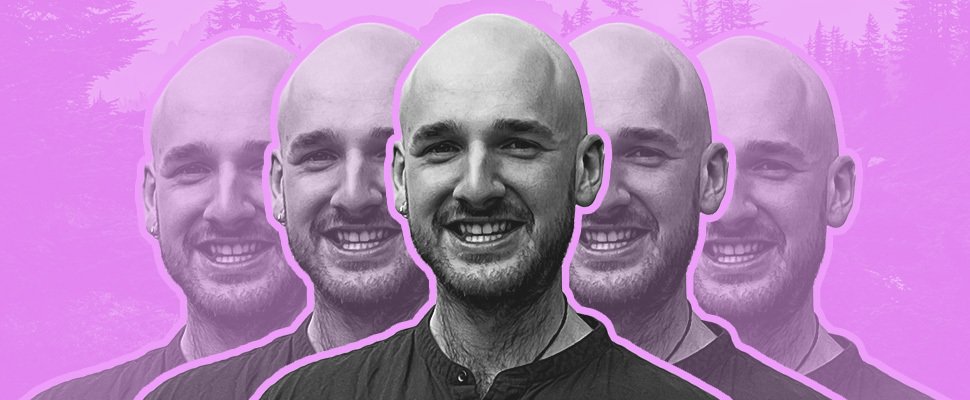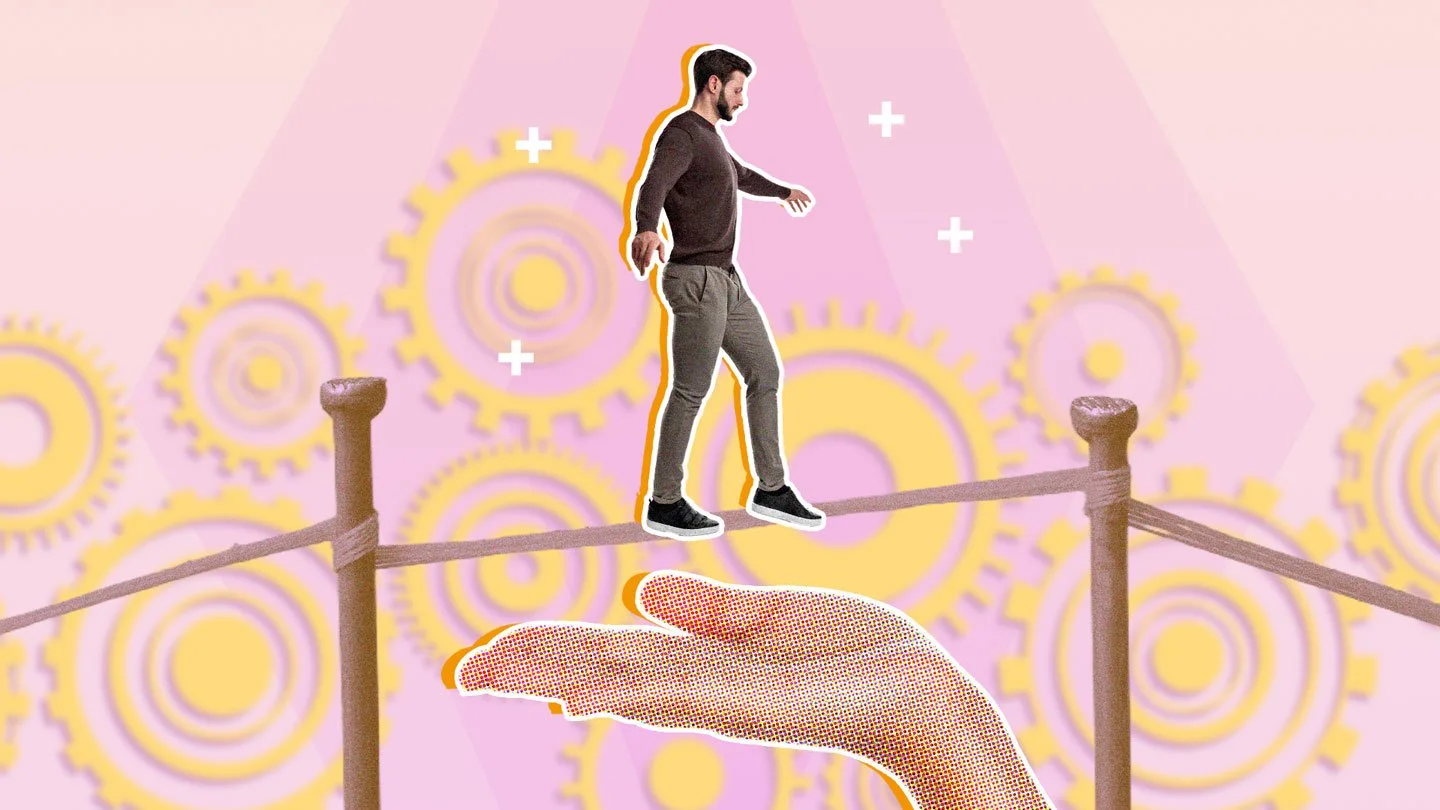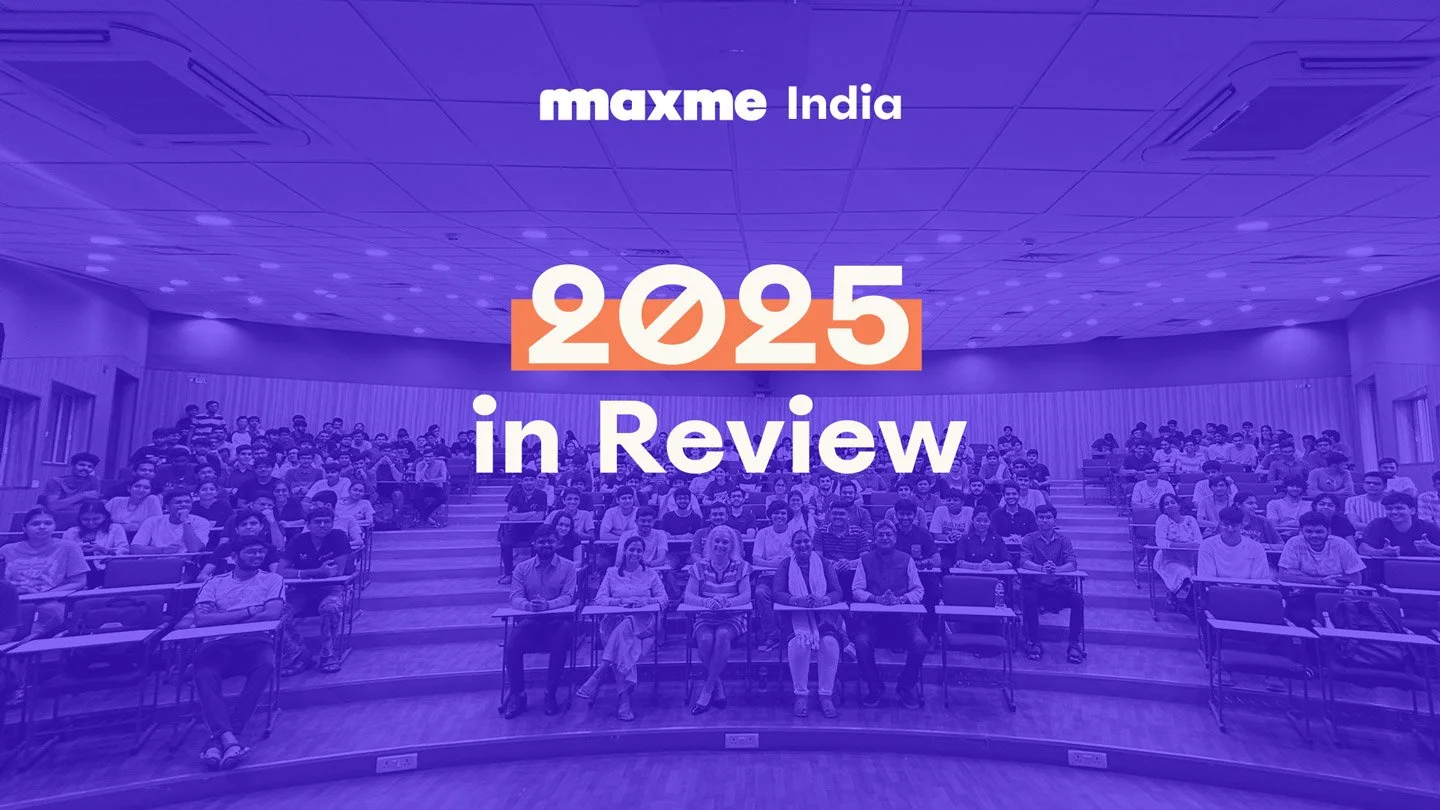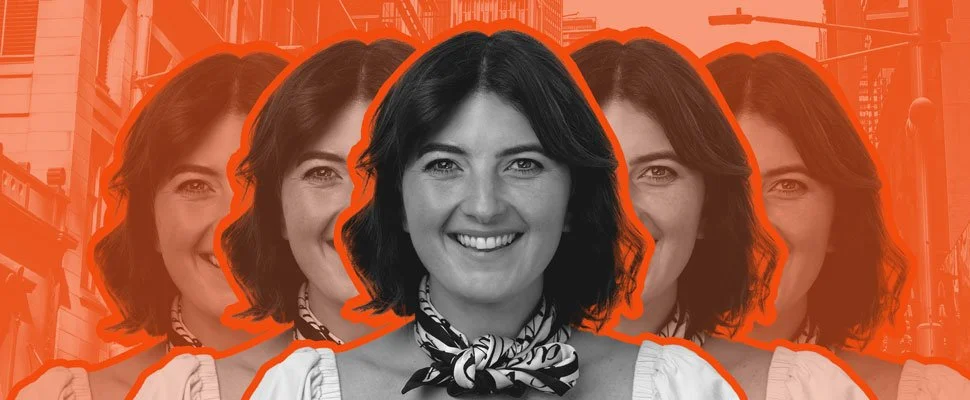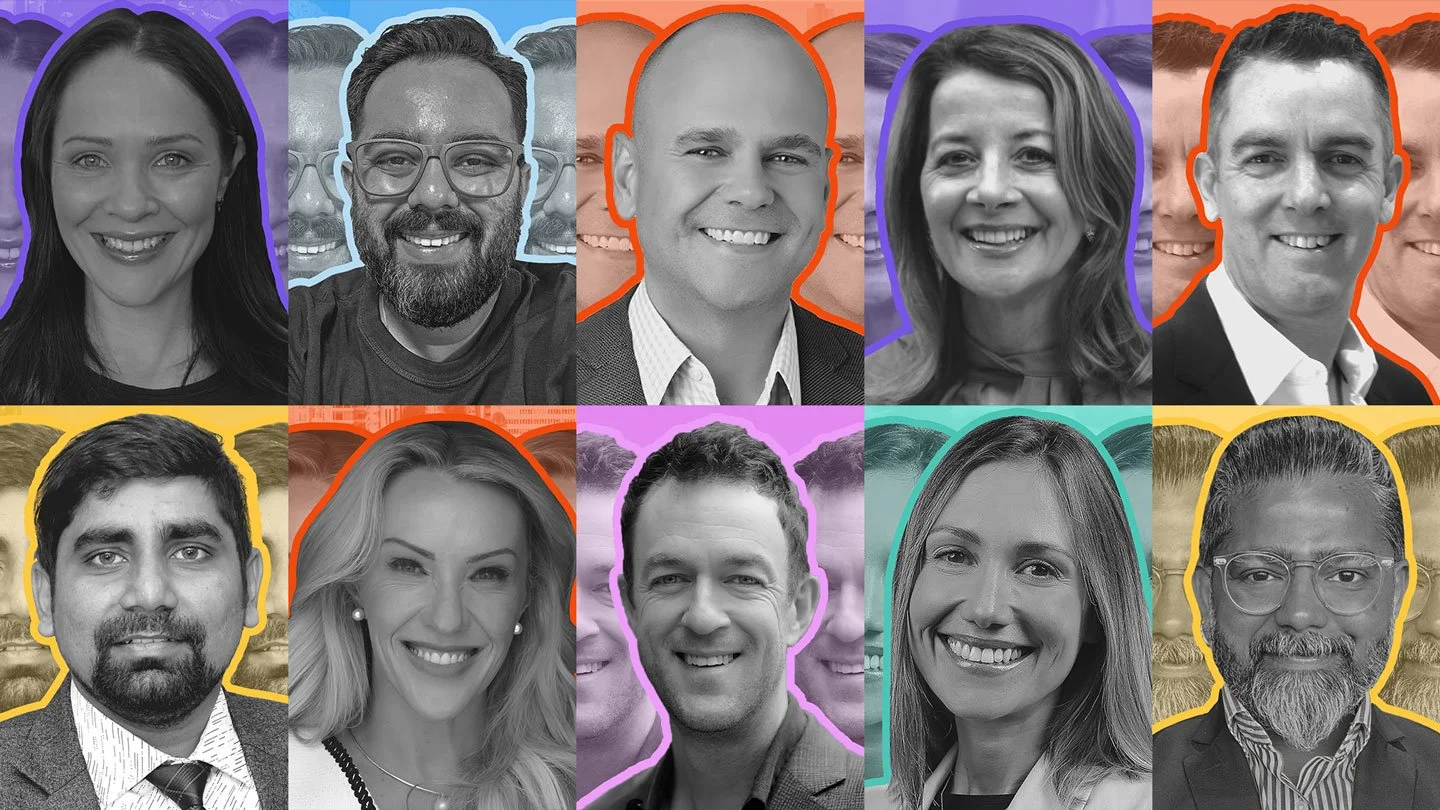Human on the Inside with Signs of Life’s Adam Grosman
Maxme: We’re big believers in the power of human skills. But don’t just take our word for it - the evidence for excellence powered by human (‘soft’) skills is everywhere! In this engaging, ever-enlightening series, we speak with industry leaders, innovators and game-changers to learn a little about their personal career journeys, and how human-led strategies, philosophies and cultures are proving a force for good in their working worlds …
Welcome Adam and thanks for stepping into the #SuccessIsHuman Spotlight! You’re currently Stakeholder and Student Engagement Officer for Signs of Life Psychology.
In 1 sentence (ok, we’ll give you 3), what does your role entail?
Adam Grosman: I help supervise students that are doing their placement at the Signs of Life Psychology.
Lani, who I work for, also works with psychedelics, and so a big part of my work is liaising with psychedelic organisations and other stakeholder groups on her behalf.
M: You’ve been in your current role with The Signs of Life for almost 6 months, and while relatively early to career, have already built an impressive CV spanning higher education, employment and self-founded initiatives. Having already completed an honours thesis in a Bachelor of Health Sciences, you’re now doing likewise in psychology, with a particular interest in the psychotherapeutic effects of psychedelic medicine, body psychotherapy and bioenergetics, as well as early-onset psychosis.
Your career has included stints as a Teacher for Kumon, Researcher with Alfred Health, Study Habits Coach & Diagnostic Consultant for Elevate Education and Social Research Interviewer for Ipsos. In early 2021 you co-founded a podcast Nah the Boys - a series of conversations around healthy masculinity, vulnerability, and psychological safety.
Finally, let’s not forget you’ve also done some invaluable work as a human skills facilitator with Maxme!
How does all this work speak to your personal purpose and what drives you as an individual?
AG: I feel what drives me as an individual is feeling alive and a sense of magic. I feel really alive when I understand myself and my gifts, and then create ways to express those gifts through service to my community. I really enjoy helping people shine a light on their path and navigate any emotions that come along the way.
M: Tell us a little about your personal education pathway/s - what led you to where you are now? How closely do your formal qualifications match your current career?
AG: My personal education pathway started conventionally with formal schooling. I did one semester of a Business Degree, but failed and ended up withdrawing. On a whim, I moved on to complete a Health Sciences Degree, and then began studying in line with where my true curiosities sat - drugs and the mind! Thus, I then completed an Honours year on that very topic before venturing down the psychology route.
Recently, during my Honours year in Psychology, I discovered that this path wasn’t going to accredit me with what I wanted, and so made the difficult decision to withdraw and instead teach myself what I wanted to learn. I am now studying a branch of body psychotherapy called Functional Analysis that provides accreditation through a series of workshops and peer supervision trainings.
I feel my formal qualifications in physiology, psychopharmacology, and psychology match very well with where I am now!
M: If you could share one piece of career advice to your 21 year old self it would be ...
AG: Get out of your head, and into your heart and gut.
M: Maximising the potential of individuals, communities and businesses through the power of human skills is the reason Maxme exists. Can you tell us a little about the role and / or value of human skills in your workplace or industry right now?
AG: When working with difficult or triggering information, there is a lot of emotion and potential trauma that comes with that. In my opinion, the ‘hard skills’ of pressing letters on a keyboard should really only come once people feel safe with information and their workplace. If someone is unsettled by what they're doing, they shouldn’t be doing it, and there needs to be a conversation to navigate that. So having self-awareness to identify what one is feeling; communication skills to express that; mindfulness to reduce reactivity; goal-setting skills to plan and work with a team; and creativity to express that in your unique way … this is all literally 90% of the work!
I’m a bit of a ‘softy’ though, and I do understand that sometimes people need to push through situations even if they’re uncomfortable or confusing. Hopefully that can take place in a compassionate and safe environment.
M: Self awareness sets the critical foundation for all Maxme learning experiences. With that said… what’s your strongest trait / personal super power?
AG: My Hodie strengths assessment would suggest it’s humour … which is very appropriate. I’d personally say that I do have an ability to make people feel safe enough to share information which facilitates connection and trust quite quickly.
M: And on the flip side, what’s one human / ‘soft’ skill you’ve had to really work on improving over the course of your career?
AG: Honesty has been a difficult skill for me to develop over the years. The way it manifested in work was often through people-pleasing, not telling people how I actually feel about things, and taking on work when I don’t actually know what I am doing. I’ve now learned how to set boundaries with people and speak honestly about how I feel about things without fear of losing my job, losing respect, or losing connections with people.
M: If you could share one piece of career advice with recent university graduates or candidates keen to working in a field like psychology, what would it be?
AG: Trust your gut, seek advice from people in the field, and respect other modalities of healing. Psychology is not superior or inferior to other forms of therapy, people heal in different ways.
M: You’ve been granted approval to add one university graduate to your business, but have 100 applicants, all with outstanding academic results. How do you find your perfect candidate - what are you looking for?
AG: Someone who is honest, self-aware, non-judgemental, fits in well with the current dynamic, is committed to self-growth, and has humility.
M: In the words of John Dewey, “education is not preparation for life, education is life itself.” What’s next on your #learning agenda?
AG: I’m currently trying to establish a charity for drug education and am learning all about drug policy and societal issues to do with drugs and our perception of youth. In tandem, I’m also learning all about the practice of body psychotherapy!

